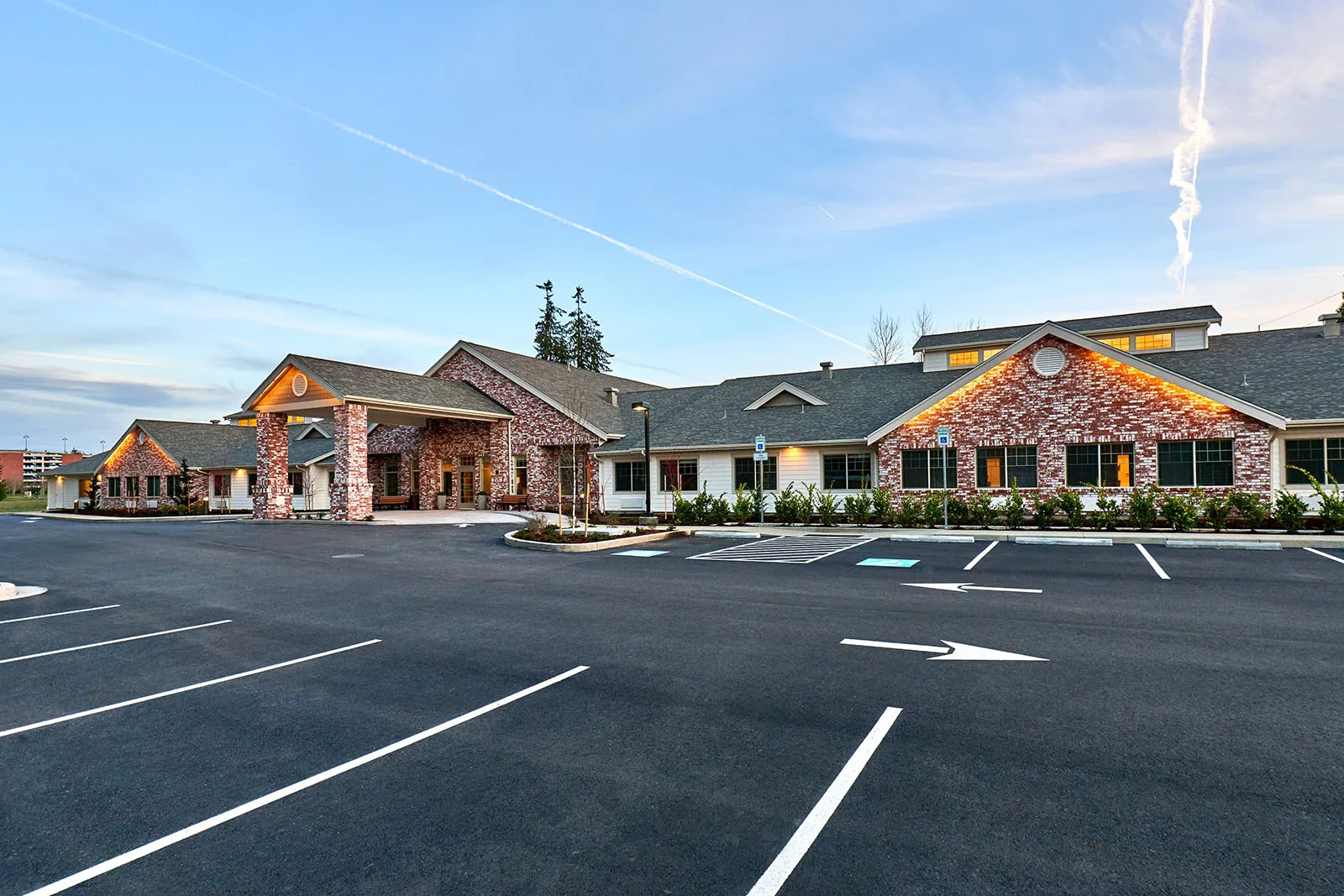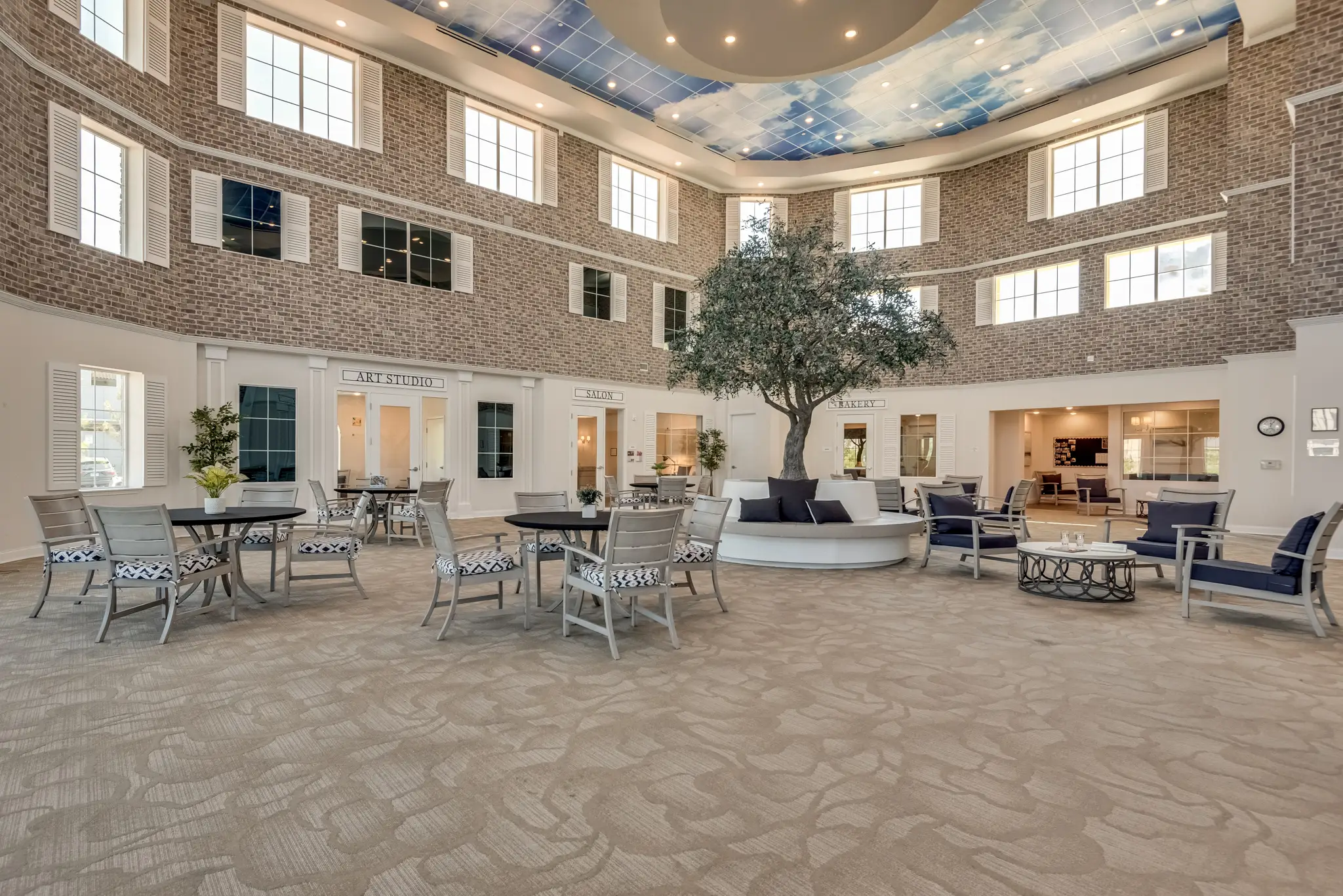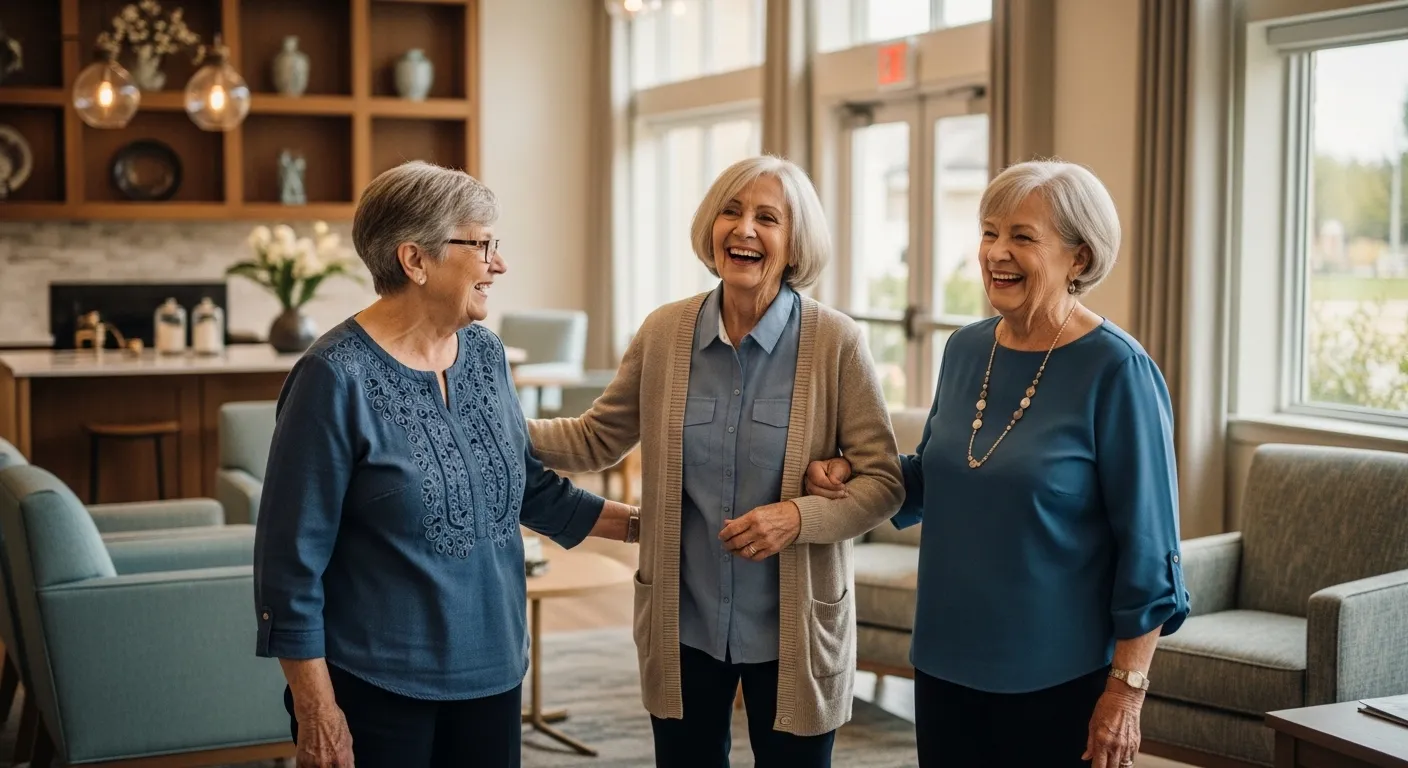Understanding Temperature Sensitivity in Individuals with Dementia: A Caregiver's Guide

Caring for individuals with dementia presents unique challenges, especially when it comes to monitoring their comfort in varying temperatures. One of the lesser-known aspects of dementia is its impact on the brain's ability to regulate temperature, which can lead to significant health risks if not managed properly. Here’s why individuals with dementia may not realize they’re feeling hot, and what caregivers can do to ensure their well-being, particularly during the summer months.
1. Changes in Brain’s Temperature Regulation: Dementia affects the brain's regulatory centers, including those responsible for maintaining body temperature. This can disrupt the body's ability to cool down or warm up appropriately in response to external conditions.
2. Reduced Sensitivity to Temperature Changes: Individuals with dementia may experience diminished sensitivity to temperature variations. What might feel uncomfortably hot or cold to others may not register as strongly for them, making it harder for them to recognize discomfort.
3. Difficulty Interpreting Bodily Signals: As dementia progresses, individuals may struggle to interpret internal signals of discomfort, including feeling too hot or too cold. This can lead to delays in seeking relief or notifying caregivers of their discomfort.
4. Trouble Communicating Discomfort: Communication challenges are common in dementia. Verbalizing feelings of heat or discomfort becomes increasingly difficult, making it crucial for caregivers to observe non-verbal cues and behaviors.
5. Confusion about Environmental Changes: Changes in environment, such as moving from indoors to outdoors or encountering different rooms with varying temperatures, can be disorienting for individuals with dementia. This confusion may further complicate their awareness of temperature changes.
6. Medication Side Effects: Some medications prescribed for dementia or other conditions can affect how the body responds to heat. Caregivers should be aware of any potential side effects and monitor accordingly.
As caregivers, ensuring the comfort and safety of individuals with dementia requires proactive measures, especially during warmer weather:
- Monitor Environment Regularly: Check indoor and outdoor temperatures regularly, adjusting as needed to maintain a comfortable environment.
- Encourage Hydration: Individuals with dementia may not always remember to drink water, so offer fluids regularly, even if they do not ask for them.
- Dress Appropriately: Choose lightweight, breathable clothing that helps regulate body temperature.
- Use Cooling Methods: Fans, air conditioning, or cool baths can help regulate body temperature during hot weather.
- Observe Non-Verbal Cues: Pay attention to signs of discomfort such as restlessness, flushed skin, or excessive sweating.
- Educate Support Network: Ensure that family members and other caregivers are aware of the unique temperature sensitivity issues associated with dementia.
By understanding these factors and taking proactive steps, caregivers can help mitigate the risks associated with temperature sensitivity in individuals with dementia. Ensuring their comfort and hydration not only enhances their quality of life but also supports their overall well-being throughout the year.
Our ONELIFE Senior Living team is dedicated to helping and supporting caregivers in our community.
Contact us today: Contact Us | ONELIFE Senior Living
Frequently Asked Questions
Why do individuals with dementia struggle with temperature sensitivity?
Dementia can impair the brain’s ability to regulate body temperature, making it difficult for individuals to notice when they're too hot or cold.
👉 Read more: What Is Memory Care? What Families Need to Know
How can caregivers protect their loved ones during hot or cold weather?
Use light layers, maintain indoor climate control, and monitor for signs of discomfort. Personalized care makes a big difference.
👉 Read more: A Caregiver’s Journey to Memory Care
Do memory care communities accommodate temperature-related needs?
Yes. Trained staff monitor resident comfort and adjust room temperatures, hydration routines, and clothing.
👉 Read more: 5 Key Differences Between Memory Care and Assisted Living
Should temperature sensitivity be a factor when choosing a memory care community?
Absolutely. Ask about climate control systems, staff protocols, and how the community handles extreme heat or cold.
👉 Read more: 10 Essential Questions to Ask Before Choosing Assisted Living or Memory Care
How can I adapt activities for a loved one who is sensitive to temperature?
Focus on indoor activities that are calming and avoid strenuous exercise in hot or cold conditions.
👉 Read more: 60 Activities and Games for Adults with Dementia
Explore ONELIFE Communities Across the Country
ONELIFE Senior Living is proud to serve families in multiple regions, offering exceptional care and support tailored to each resident’s needs. In Springfield, Oregon, The Esther at Riverbend Assisted Living provides personalized assisted living services, while The Rawlin at Riverbend Memory Care specializes in compassionate Alzheimer’s and dementia care. Families in Salem can find trusted support at Battle Creek Memory Care, and those in Beaverton benefit from the warm, secure environment at Waterhouse Ridge Memory Care.
For families in Nevada, Vineyard Henderson Memory Care offers expert dementia care in the heart of Henderson, while in California, The Reserve at Fountaingrove Memory Care provides high-quality memory support in Santa Rosa, and The Woodlake Senior Living serves Sacramento with a full spectrum of senior living options. In Cottage Grove, Oregon, Middlefield Oaks Senior Living combines independence and care, while in the Midwest, The Laurel at Vernon Hills Memory Care stands as a dedicated resource for families in Vernon Hills, Illinois. Finally, in Phoenix, Arizona, Shadow Mountain Memory Care delivers compassionate, all-inclusive memory care in a safe and engaging setting.
No matter which location you choose, every ONELIFE community is united by the same mission: providing exceptional care, meaningful activities, and a true sense of family for residents and loved ones.
Memory Care in Phoenix, Salem, Springfield, Beaverton, Cottage Grove, San Jose, Vernon Hills and Henderson
Choosing the right memory care facility for your loved one is a crucial decision. By understanding what memory care entails and considering the factors that make a great memory care community, you can ensure your loved one receives the best possible care. At ONELIFE Senior Living, we are here to support you every step of the way.
ONELIFE Senior Living offers exceptional memory care facilities in various locations throughout the country, including:
Phoenix, Arizona
Shadow Mountain Memory Care
Salem, Oregon
Battle Creek Memory Care
Springfield, Oregon
The Rawlin at Riverbend Memory Care
Beaverton, Oregon
Waterhouse Ridge Memory Care
Cottage Grove, Oregon
Middlefield Oaks Senior Living
San Jose, California
Sonnet Hill Senior Living
Vernon Hills, Illinois
The Laurel at Vernon Hills Memory Care
Henderson, Nevada
Vineyard Henderson Memory Care
Our communities are dedicated to providing a supportive and enriching environment for residents with memory loss. With personalized care plans, engaging activities, and compassionate staff, we strive to make our memory care communities a place where residents feel at home. Contact us today to learn more about our memory care facilities, and let us help you find the perfect home for your loved one.
Contact us
learn more about our
community

More Articles & Resources
EXPLORE THE ONELIFE COMMUNITIES




















